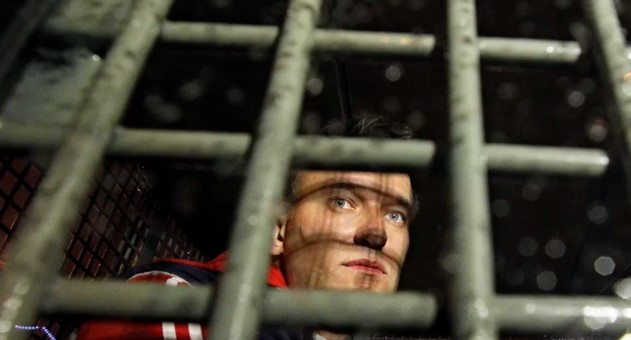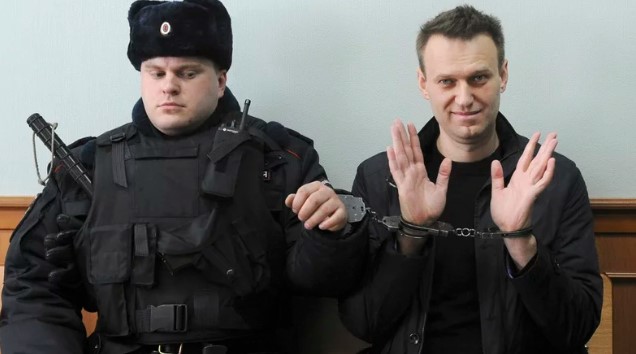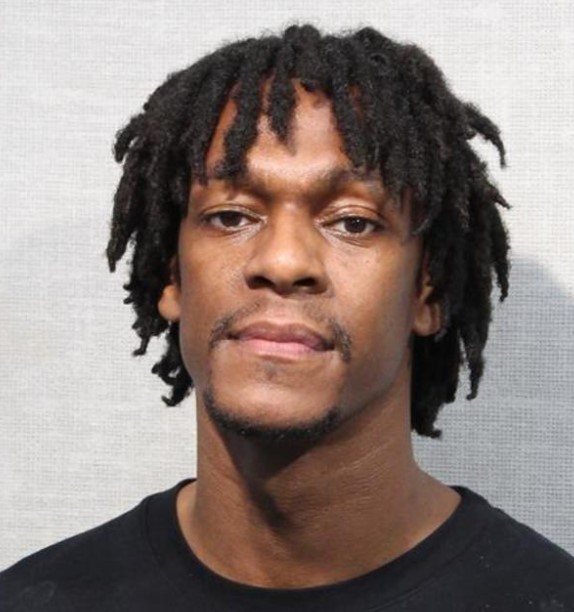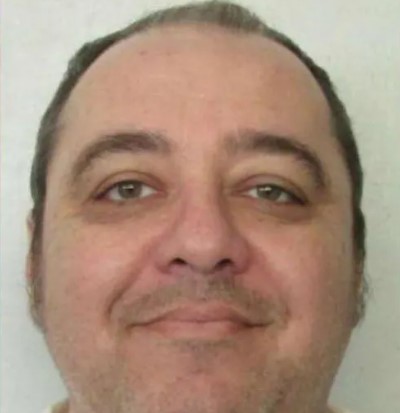
Moscow – Russia’s most well-known political opposition figure for Putin, Alexei Navalny, passed away at the age of 47 in a remote Russian jail.
In the Yamalo-Nenets Autonomous District, which is located above the Arctic Circle, the Federal Penitentiary Service announced Navalny’s passing on Friday.
According to a statement from jail officials, Navalny “felt unwell” and quickly passed out after taking a walk in the prison yard. His attempts to be revived by emergency medical personnel “failed to give positive results.”
Serving a lengthy jail term for accusations of extremism, Navalny’s conviction was widely perceived as retaliation for his years of criticism of Russian President Vladimir Putin.
Putin has been notified of Navalny’s passing, according to Kremlin spokesman Dmitry Peskov. Prison medical staff, he added, are attempting to determine the cause of death.
Global responses quickly began to come in. The death of Navalny in a Russian jail, together with the obsession and dread surrounding him, have highlighted the flaws and decay in the system Putin has established, according to U.S. Secretary of State Antony Blinken. This is the fault of Russia.”
However, a video that was released by the independent Russian news agency SOTA seemed to capture Navalny appearing happy and healthy at a court appearance the day before he passed away. Navalny took part via a live video link.
Regarded by many as Kremlin reprisal for his political activity, Navalny was serving a 19-year prison term for charges of extremism, embezzlement, and fraud.
Having been a harsh opponent of President Putin for over ten years, Navalny gained popularity across the country by organizing protests against high-level government corruption and advocating for the idea that Russians may one day have other lives.
He was critical of Putin’s growing authoritarian government and Russia’s invasion of Ukraine even from his cell.
After all, the opposition leader had announced plans to mobilize Russians against Putin in the run-off elections for a fifth term in March of this year, just days before he vanished from sight in December.
A fresh voice of protest
In a hamlet outside of Moscow, Navalny was born on June 4, 1976.
By profession, he is a lawyer, but he originally gained notoriety by inciting shareholder uprisings at Russia’s corrupt state-run businesses.
He then became the anti-government protesters’ breakout political hero. A strong orator, he famously denounced the 2011 parliamentary elections as “the party of crooks and thieves” in order to criticize the faulty results.
In spite of the Kremlin’s ongoing efforts to control political competition, Putin’s subsequent crackdown on demonstrators demonstrated his will to maintain control over Russian politics.
In contrast to Putin
Navalny’s casual manner, refined by an internet-fueled sense of humor, stood out even from the political sidelines in sharp contrast to Putin’s haughty demeanor.
Quotes from beloved television programs, such as Rick and Morty the animated series or The Wire on HBO, were frequently used by Navalny into his lectures.
Before criticizing Putin in videos, he would always say, “Hey, it’s Navalny!”
It revealed one of the key differences between the two men, and Navalny was a threat, according to his followers. in spite of the fact that Navalny was prohibited from running for office.

Putin appealed to the long-standing frustrations of Russians around the dissolution of the Soviet Union. Younger generations’ optimism that Russia may overcome its oppressive Soviet history was harnessed by Navalny.
Putin reportedly tried to minimize Navalny’s notoriety by forbidding him from speaking in public. Navalny parodied this strategy for his Instagram bio, mocking it with his trademark wit: “Aforementioned individual, Another politician, a variety of activists, this gentleman Personas that were mentioned.
To avoid saying Navalny’s name aloud, Putin used word salads in all of the statements.
However, Navalny’s critics extended beyond the Kremlin. Early in his political career, he actively participated in Russian nationalist groups, claiming that the opposition needed their help to succeed.
A few liberals in Russia never did forgive him. The state media called him a “fascist.”
Making use of social media
His most well-known video was out in 2021; it was a two-hour production that brought viewers into a hidden Black Sea castle that Navalny claimed Putin had spent over $1 billion building.
A Russian tycoon claimed to have purchased the property as an investment after the film’s viewership reached over 100 million.
The numbers were rolling in for Navalny. However, his opponents among the Russian aristocracy were also.
Dangers and Novichok
Navalny spearheaded several national demonstrations against Putin and Kremlin favoritism over the years. He was arrested several times, as did his followers; in 2011 alone, he was taken into custody fifteen times.
Threats against Navalny’s safety, however, increased along with his rising popularity, especially among younger Russians.
He almost lost his sight in one eye after an assailant drenched him with a chemical weapon in May 2017.
Next, when traveling from Siberia to Moscow in August 2020, Navalny passed out. Doctors in Germany discovered remnants of the Soviet nerve toxin Novichok in his blood when he was subsequently medevaced while unconscious for medical care.
A sensation once more, Navalny collaborated with reporters to look into the attack throughout the months he needed to recuperate.
critic to the very end
When Navalny returned to Russia in January 2021, he was jailed right away, which sparked yet another round of rallies throughout the nation.
He was promptly sentenced to two and a half years in prison for parole breaches. During the trial, Navalny famously dubbed Putin “Vladimir the Poisoner of Underpants” and said that the purpose of his detention was to scare the people.
“It is not possible to imprison hundreds of thousands or millions of people. Throughout the trial, Navalny expressed his sincere desire that more people would come to understand this.
“And once they do — and such a moment will come — this whole thing will fall to pieces because you can’t lock up the whole country.”
A nine-year concurrent sentence was added at a subsequent fraud trial in 2022.









